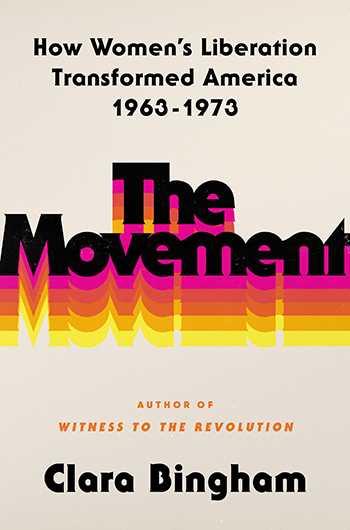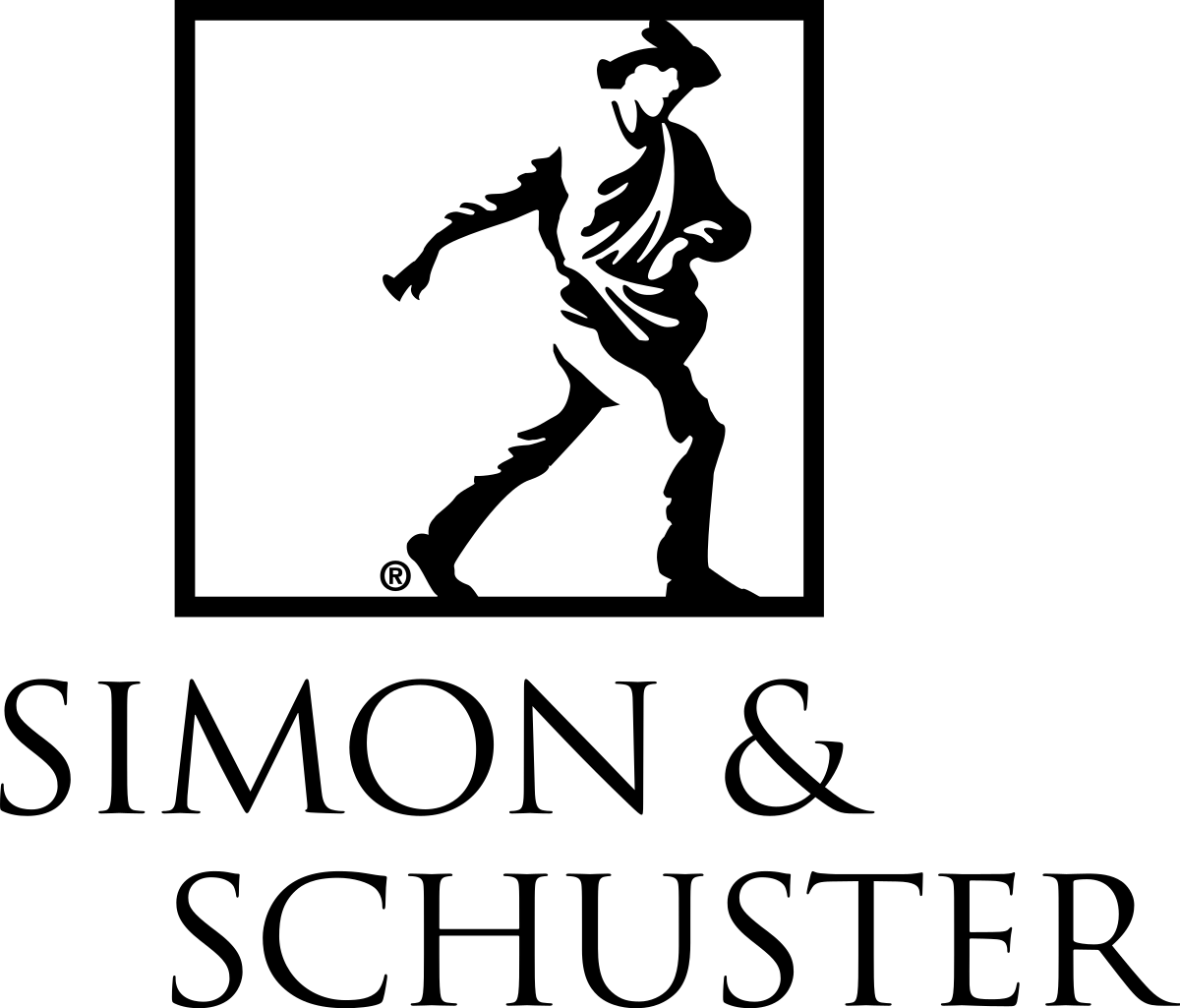How Women’s Liberation Transformed America 1963-1973
(Simon and Schuster)
For lovers of both Barbie and Gloria Steinem, The Movement is the first oral history of the decade that built the modern feminist movement. Through the captivating individual voices of the people who lived it, The Movement tells the intimate inside story of what it felt like to be at the forefront of the modern feminist crusade, when women rejected thousands of years of custom and demanded the freedom to be who they wanted and needed to be.
This engaging history traces women’s awakening, organizing, and agitating between the years of 1963 and 1973, when a decentralized collection of people and events coalesced to create a spontaneous combustion. From Betty Friedan’s The Feminine Mystique, to the underground abortion network the Janes, to Shirley Chisolm’s presidential campaign and Billie Jean King’s 1973 battle of the sexes, Bingham artfully weaves together the fragments of that explosion person by person, bringing to life the emotions of this personal, cultural, and political revolution. Artists and politicians, athletes and lawyers, Black and white, The Movement brings readers into the rooms where these women insisted on being treated as first class citizens, and in the process, changed the fabric of American life.
READ FULL REVIEW
READ FULL REVIEW
“Journalist Bingham, author of Witness to the Revolution, draws on abundant interviews and oral history archives to create a brisk, firsthand account of the women’s movement, beginning with the publication of Betty Friedan’s The Feminine Mystique, encompassing the founding of the National Organization of Women and Ms. magazine, and ending with the Supreme Court’s legalization of abortion in 1973. Among those bearing witness to the crucial decade are Pauli Murray, Eleanor Holmes Norton, Shirley Chisholm, Ruth Bader Ginsburg, Margo Jefferson, Vivian Gornick, Billie Jean King, and Gloria Steinem. All relate their frustration in confronting the legal, political, medical, and economic limitations on women’s lives. As Bobbi Gibb, the first woman to run in the Boston Marathon, put it, women repeatedly got one message: ‘You’re in this box. Here’s the box. Here are the bars. I’m sorry, that’s far as you can go.'” — Kirkus Review
READ FULL REVIEW
— Sally Jenkins, Washington Post sports columnist and author of The Right Call: What Sports Teach us about Work and Life and the Real All Americans


